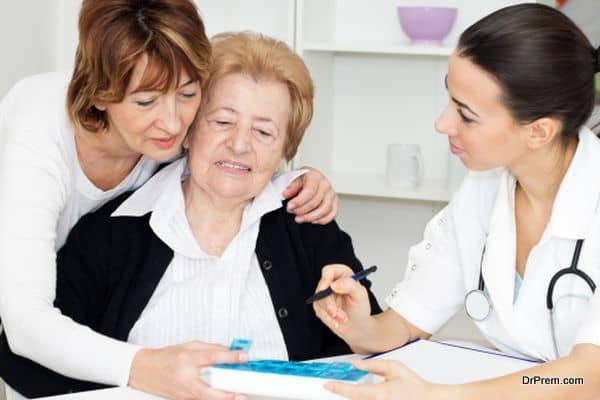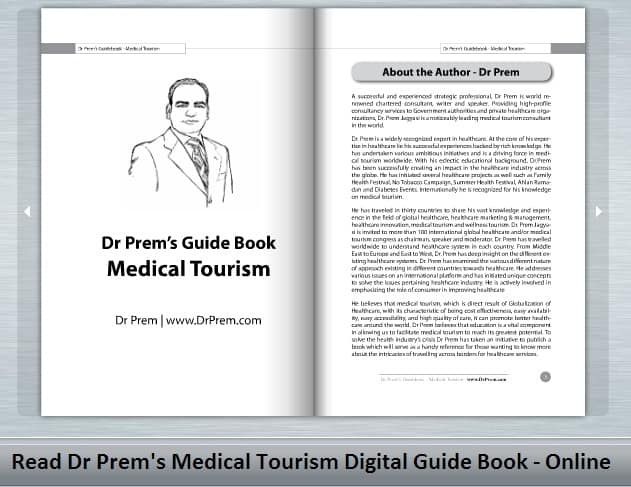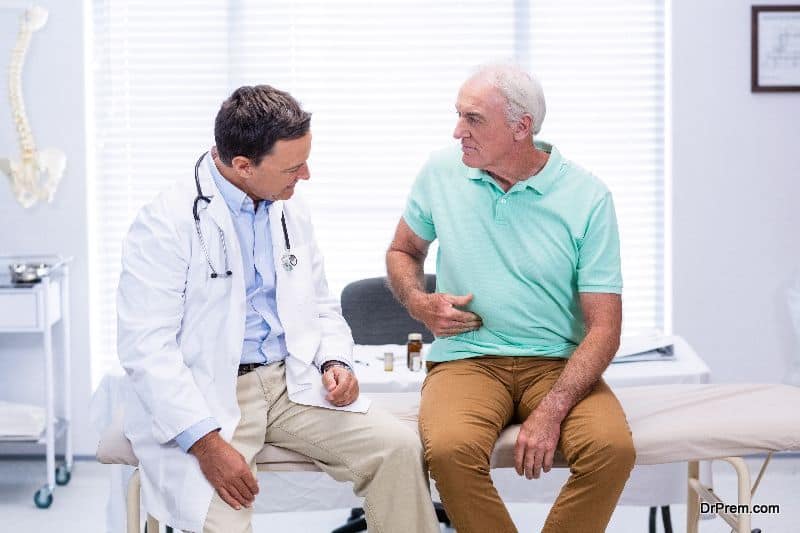A patient seeking medical treatments abroad often is unable to handle the stress of ailment and treatment. He/she needs emotional and other various types of support that can be provided only by family members, relatives, friends or anybody from the closed circle. A suitable companion in a medical tourism trip can keep the patient relaxed and stress-free. The presence of a close person or a near and dear one from the family can make a tremendous difference in the patient’s morale during the treatment. The role of the medical tourism companion can be taken as great as the doctor.
What is a medical companion?
A companion can be a comrade, a domestic partner or a person to assist, live with and/or travel with the patient engaging in a medical trip. As a medical traveller, there can be changes in your health status pre and post-procedure. Therefore, it is advised to have a suitable companion accompany you who can help take care of your needs.
Significance of a medical tourism companion
- If the companion is a family member, it can be assumed that the most critical support would be providing emotional support to the patient, which is very crucial.
- A patient may need various kinds of support which the companion must be able to provide.
- Proper emotional support at the vulnerable stage helps in faster recuperation.
- Supports in maintaining proper communication with the hospital/clinic.
- The support of the companion helps the patient adjust to the new place faster. He/she does not feel helpless.
- A companion knows the mental set up of the patient and his/her preferences which may help in treatment plan.
- A patient is more likely to share his/her likes and dislikes to the companion, which can be notified to the healthcare provider or physicians for a more friendly approach.
- Best support for planning travel and tourism.
Who should you pick as a companion?
Medical tourists should preferably select someone who is physically and mentally able enough to support you through difficult medical times. It would also be beneficial to you if your companion has an understanding of your health condition, and of the destination where you are seeking medical care from.
A companion should be capable enough to assist you in planning and executing a medical journey and should have a calm, fun-loving nature to cheer you up during difficult moments both pre- and post-treatment. He/she should also be able to plan and execute things during times when you are hospitalized. Your companion should have complete understanding of your requirements during your treatment phase, and should be able to communicate with your treating doctor effectively to know more about your condition. Moreover, your companion should be financially sound and able to take control over the expenses during testing times.
It is strongly recommended that the companion accompanying you should go through this guidebook to understand all the intricacies a medical journey entails.
Basic tips for a medical tourism companion
- As a companion you should know all information relevant to the medical procedure and precautions to be taken post-treatment. You also need to be familiar with the medications you have to administer after the procedure, as per the physician’s advice. Other post-op duties might include pushing the patient in a wheelchair as they might not be allowed to walk or to make sure that they are complying with the doctor’s recommendations.
- Always remember to take note of any important contacts, including their telephone numbers and email addresses. These important contacts should be the name and number of doctors/surgeons and medical consultants. It will also be beneficial to include data related to the addresses of hospitals and clinics, and numbers to reach emergency ambulance services in the treating country.
- Apart from emergency contact details do take your important documents such as your passport and driving license with you while you travel, as the patient might not be in a condition to drive or may need assistance in the car.
More tips for a medical tourism companion
- A companion could also be extremely helpful in communicating with the healthcare providers before the treatment. Sometimes, a patient might feel uncomfortable or nervous to ask certain questions, which is where a companion can come handy. Since you don’t have the pre-procedure jitters, you are also more likely to retain information about the patient’s surgery and pre- and post-op care. Once the treatment is over, the companion will be useful to communicate with relatives and family members back home.
- You might be required to arrange for special care for the medical traveller at airports on departure from and arrival back into the home country. This is why it is important to understand the medical condition of the patient you are travelling with you so you can be thoroughly prepared before you leave.
- Besides the physical support provided by a companion, you would be very much needed to help a patient emotionally and mentally. Sometimes, going through a medical procedure or surgery can be emotionally taxing on a person, and having treatments performed outside their home country and away from their relatives makes it a lot harder. You need to do everything in your power to cheer up the medical traveller and keep them in good spirits—as this will aid their speedy recovery.
- As a companion you should take into consideration the number of days you are taking off work as there is a possibility that you could have to stay longer than you anticipated—in case complications occur.
- Also, medical travel insurance is always necessary in a medical tour to save on expenses; being a companion you should have knowledge of the policies and procedures that include the terms and conditions of the medical journey.
For the companion, different countries has different rules and regulation like in India for companion there is separate VISA i.e. MX VISA and companion cannot undergo any medical treatment.






